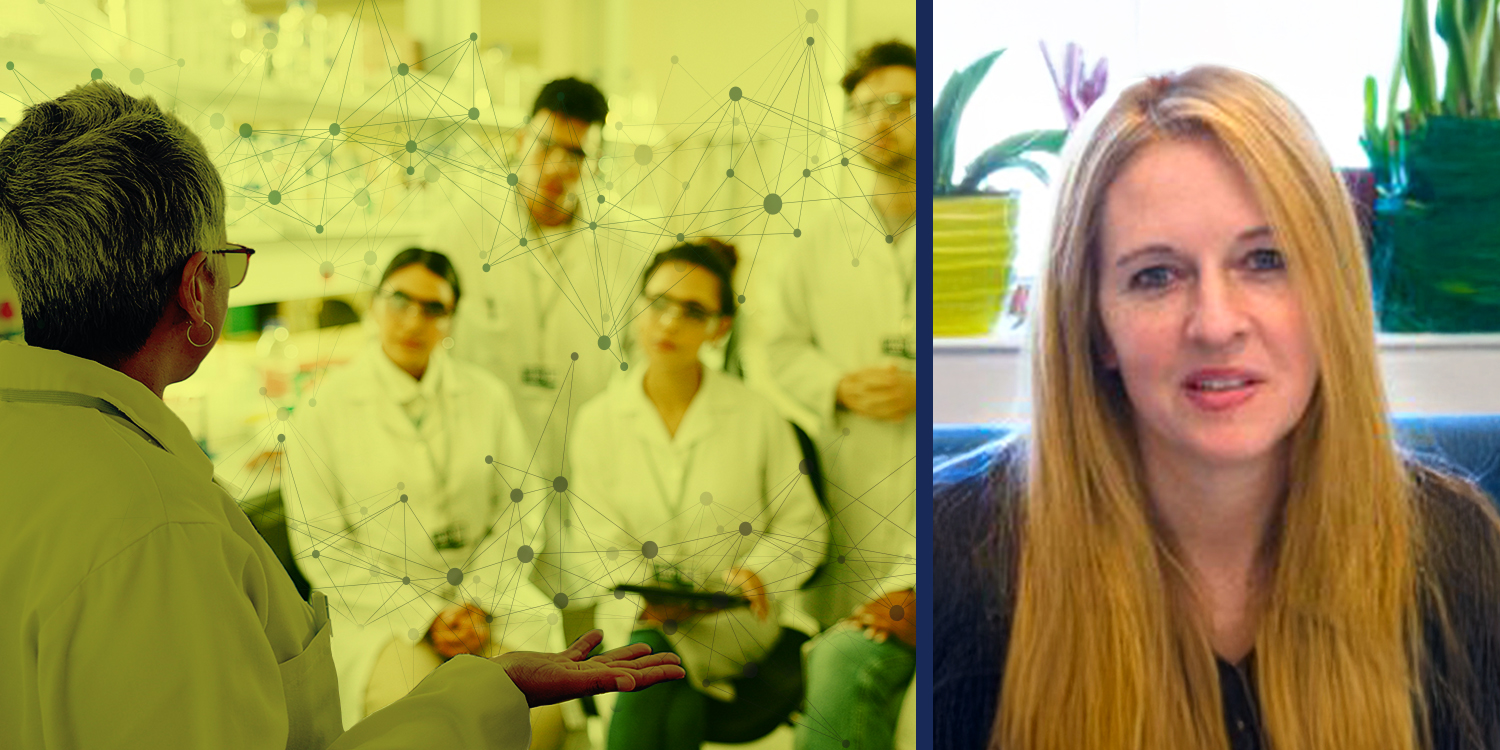
From Accreditation to Advocacy: Exploring the AAALAC Fellowship and the AALAS Foundation
Presented by
Kelly S. Patterson, MLAS, CMAR, RLATg, ILAM
Supporting you, supporting science—this presentation uncovers the powerful resources of AAALAC and the AALAS Foundation to elevate your work and our profession.
Watch the webinar →Webinars
Disaster, Contingency, and Business Recovery Planning for Animal Facility Cage Wash Operations
Presented by
Nirah H. Shomer, DVM, PhD, DACLAM
Laboratory animal programs are complex organizations with multiple and diverse components —veterinary services, husbandry, facilities, logistics, vendor management, and customer service which all require individual and group skills to execute effectively.
Vision, Mission, Strategy
Presented by
Jeetendra Reddy Eswaraka, BVSc, PhD, DACLAM, ECFVG
Laboratory animal programs are complex organizations with multiple and diverse components —veterinary services, husbandry, facilities, logistics, vendor management, and customer service which all require individual and group skills to execute effectively.
Strategies to Improve Personnel Management
Presented by
Jori Leszczynski, DVM, DACLAM
Personnel management—when done well—has always required time and effort, especially in a highly regulated environment such as animal research. This has been made even harder with the significant societal shifts over the past few years with challenges related to in-person communication, training, and requests for increased flexibility of schedules.
Continuous Improvement in the Lab Animal Field
Presented by
David W. Brammer, DVM, DACLAM
What is continuous improvement, and why is it essential for the laboratory animal field? Join David W. Brammer, DVM, DACLAM, as he contrasts continuous improvement management principles with several reactive crisis management styles.
Minimizing Dosing Stress During the Pre- and Post-Operative Period
Presented by
Dr. Karen Froberg-Fejko
Rodent surgical models are instrumental in biomedical research; therefore, establishing healthy defined animal models is crucial to this research. Surgical procedures produce metabolic changes and stress in rodents, which can delay recovery and increase morbidity. A goal of post-operative care is to minimize stress in the animal, thereby improving the ability of the animal to heal and recover and provide reliable research outcomes.
What’s Next? Unfinished Business for Lab Animal Care Webinar
Presented by
Dr. Steve Niemi
Dr. Steve Niemi, Attending Veterinarian and Director of the Animal Science Center at Boston University, takes a brief look back on how far we’ve come in lab animal husbandry and medicine. Then, he will highlight areas in which we can further improve the welfare of animal research subjects and the quality of science that relies on them. Moderated by Cindy A. Buckmaster, Ph.D., CMAR, RLATG.
